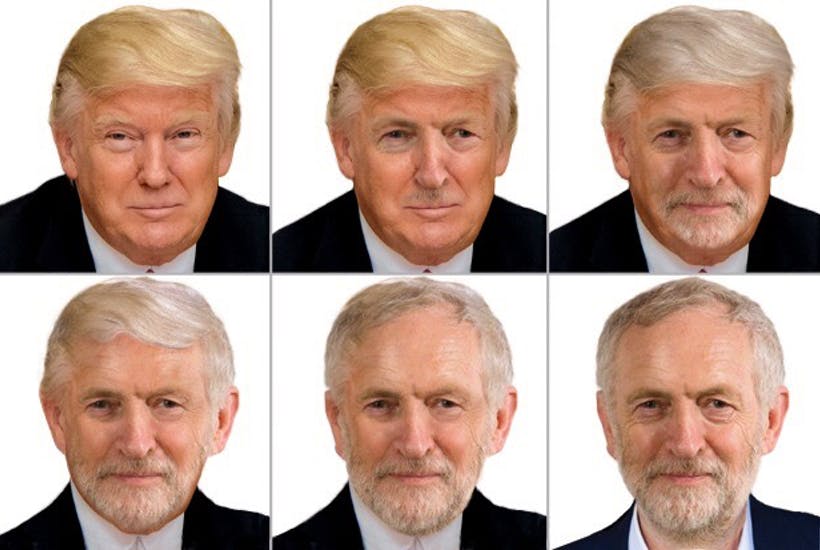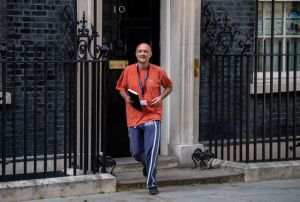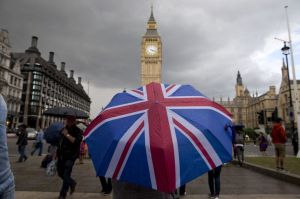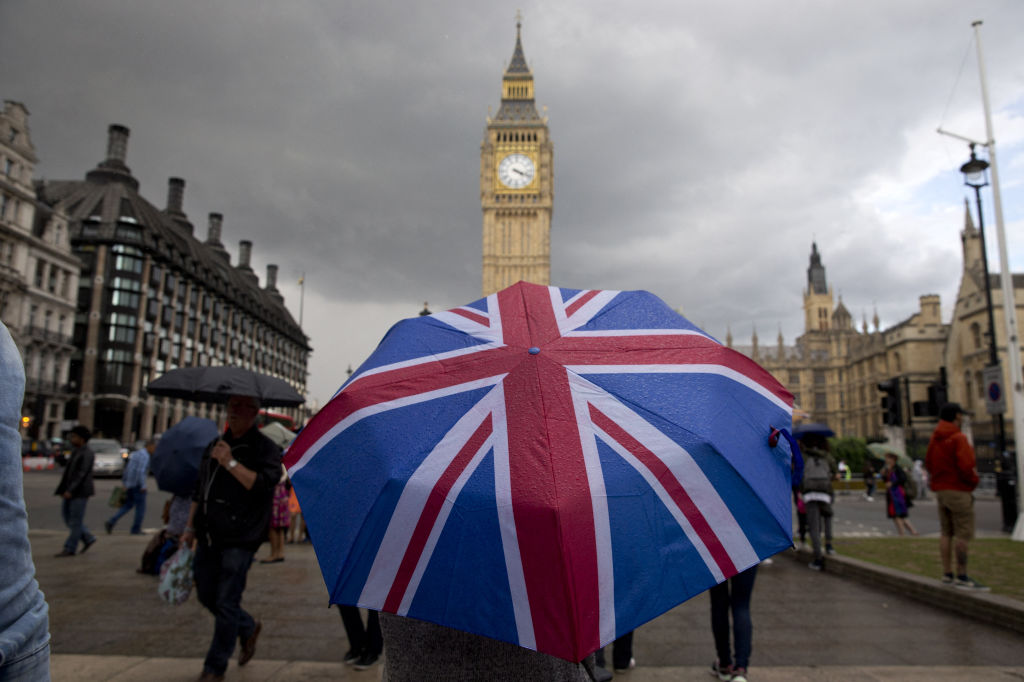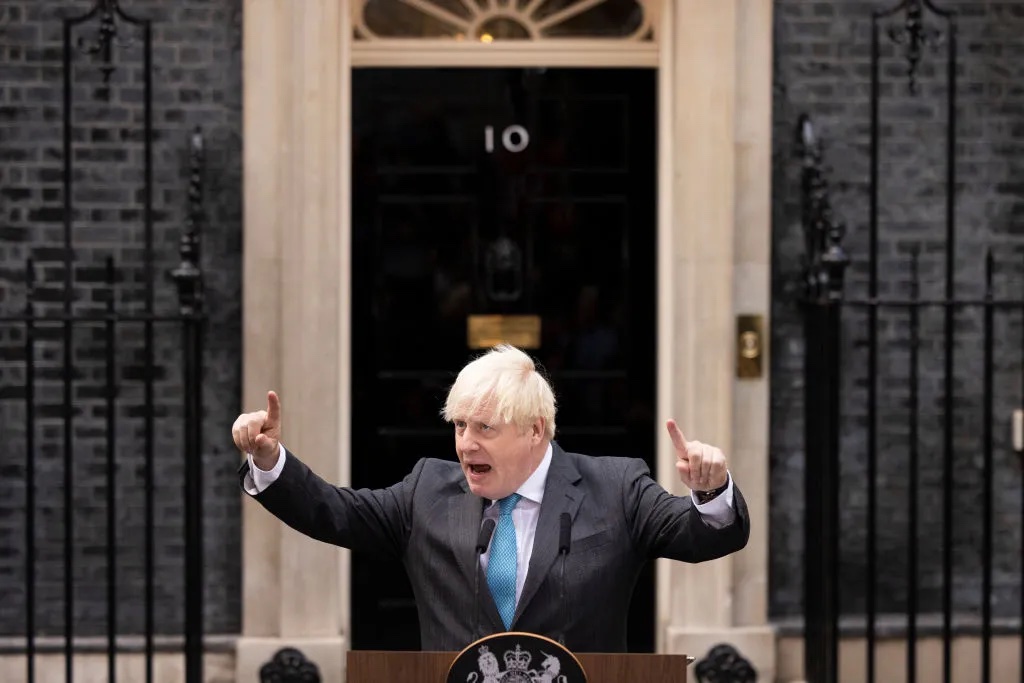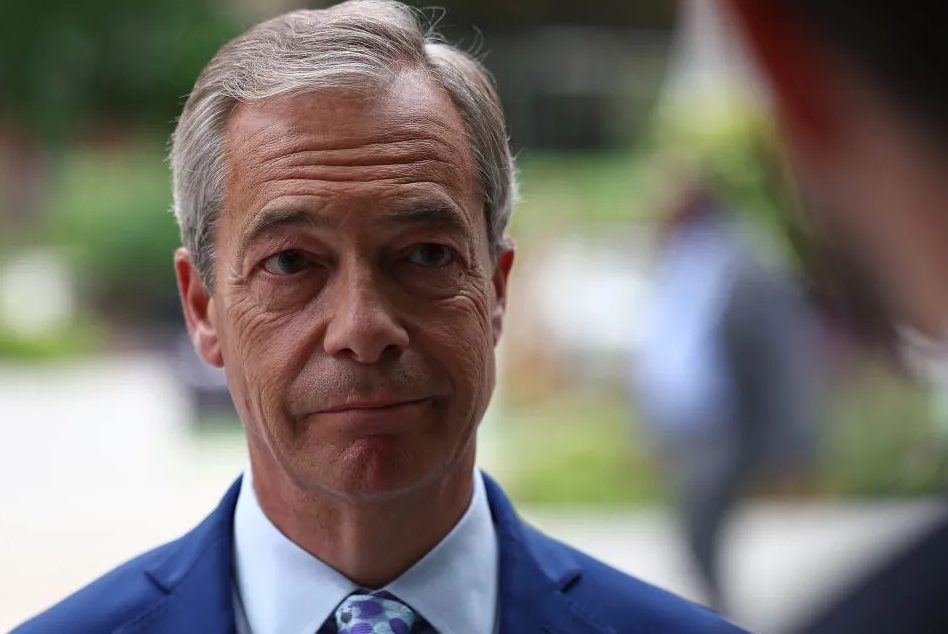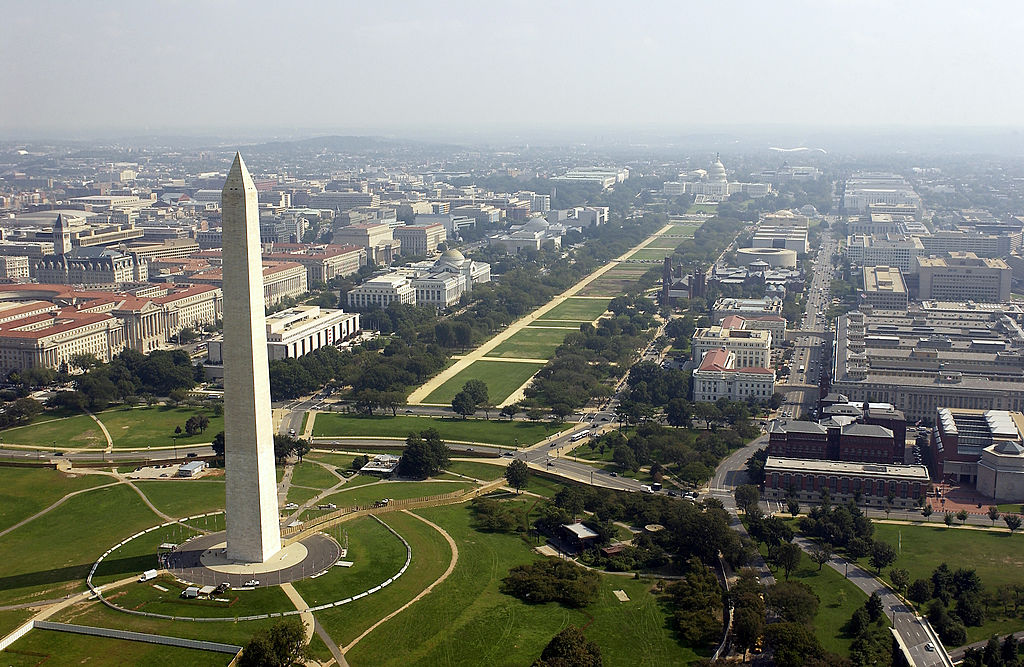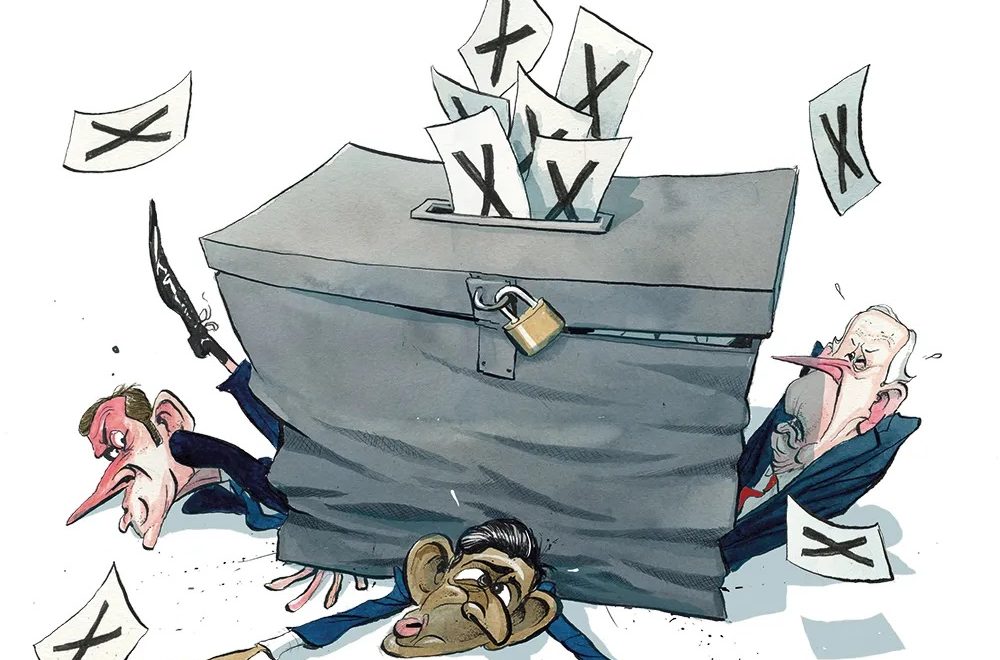Jex he did! The British Labour leader Jeremy Corbyn has just surprised absolutely nobody by calling Prime Minister Boris Johnson ‘Britain’s Trump.’ He labelled Boris a ‘fake populist’ and a ‘phony outsider.’ No doubt Labour speechwriters think this is a great attack line ahead of a general election.
But it might backfire – for two reasons. First, Trump is not nearly as toxic in Britain as everybody in political circles believes. Secondly, for Labour voters, the uncomfortable truth is that the British equivalent of Trump is not Boris, as everyone says. It’s Jeremy Corbyn.
Corbyn, 70, and Trump, 73, have far more in common than Boris and Trump. Jeremy and Donald are both anti-establishment insurgents who have been married three times. They both like dictators and dislike Nato. They both have embarrassing pasts which should disqualify them from high office. When they were elected to lead their parties, Trump and Corbyn were both dismissed as jokes but they turned their joke-status to their advantage.
The success of both men was seen as a sign that their respective parties had gone mad — but it turned out the electorate was just as mad, and the laughing stopped. Both men then got lucky: they stood against seemingly invincible women who took victory for granted and turned voters against them with their arrogance.
Until recently, the British prided ourselves on how sensible our politics was compared to the populism ravaging so much of the developed world. Look, we said, Ukip is perishing; the BNP is all but dead. We’d never fall for a rabble-rouser like Trump. But this analysis missed a rather important point: Corbyn is the torchbearer of British populism, and his politics is surprisingly popular.
In the 2017 general election, the man who had been dismissed as a hangover of the 1970s has proved to be very good at 21st-century general elections.
The similarities between Corbyn and Trump only go so far, of course. One is a capitalist nationalist; the other an internationalist anti-capitalist. Trump worships money and doesn’t like migrants; Corbyn professes to love migrants and doesn’t like rich people. Donald calls terrorists losers; Jeremy calls them friends.
As political phenomena, however, the Jez and the Donald are almost the same. They represent grassroots and online movements which thrived precisely because the media never took them seriously. They appear stand with poor people who have been ‘left behind’ in an era of globalization. Their rhetoric has been at times identical — indeed, Corbyn was much mocked in 2017 for copying Trump’s talk of a ‘rigged system’ that benefits the few and not the many.
During their campaigns, both men drew huge crowds, and generated enormous buzz on social media — yet journalists just scoffed and said they didn’t stand a chance. Voters aren’t altogether stupid: they noticed the bias and turned against it.
Corbyn and Corbynistas don’t take kindly to being compared to Trumpists. He’s spent much of his time in the last few years denouncing the evil Donald and ostentatiously not welcoming him to Britain. For Corbyn fans, means hope and Trump means hate — apparently those are the only two forces in global politics.
But the truth is that in terms of recent history, Labour has a lot in common with the Republicans in America. Both parties rebranded and repositioned themselves in the 1990s to win back power, much to the unease of their base. Both parties then alienated supporters by dragging the country into war in Iraq. Labour and the Republicans were still in power when the financial crisis struck in 2008, and subsequently lost the next election. The Republicans lost again with Mitt Romney in 2012, as did Labour with Ed Miliband in 2015. Then their voters on both sides of the Atlantic started to revolt. Instead of accepting the wisdom of the party elites, they turned to men thought to be laughably unelectable.
It seemed at first that Trump and Corbyn had destroyed their parties — or at least that their ascents had shown just how moribund Labour and the Republicans had become. It was assumed that their freakish popularity would burst upon contact with democratic reality. Both Labour and Republican party hierarchies tried to organize coups against the insurgent. This only ended up re-enforcing the new leader’s strength, and the party bigwigs despaired.
Yet far from condemning their parties to decades in the wilderness, Trump and Corbyn turned out to have had a much broader appeal than their predecessors. Their popularity was viral — ‘infectious’, as Corbyn has called it. Trump and Corbyn didn’t just excite the angries and the radicals on the fringes; they enticed the moderate middle, too. Swing voters were not put off by Trumpist or Corbynite radicalism; they were attracted.
That’s why Trump, a New York tycoon, was able to win in traditionally Democratic states such as Wisconsin, Michigan and Pennsylvania. It wasn’t just the left-behind poor who voted for Trump in these areas; it was also half of those earning $100,000 to $200,000 a year. They knew how they were meant to vote, and they did the opposite. Some similar dynamic might explain why Jeremy Corbyn’s Labour, led by lifelong enemies of the propertied classes, won in Kensington, Britain’s richest constituency.
This article was originally published onThe Spectator‘s UK website.



